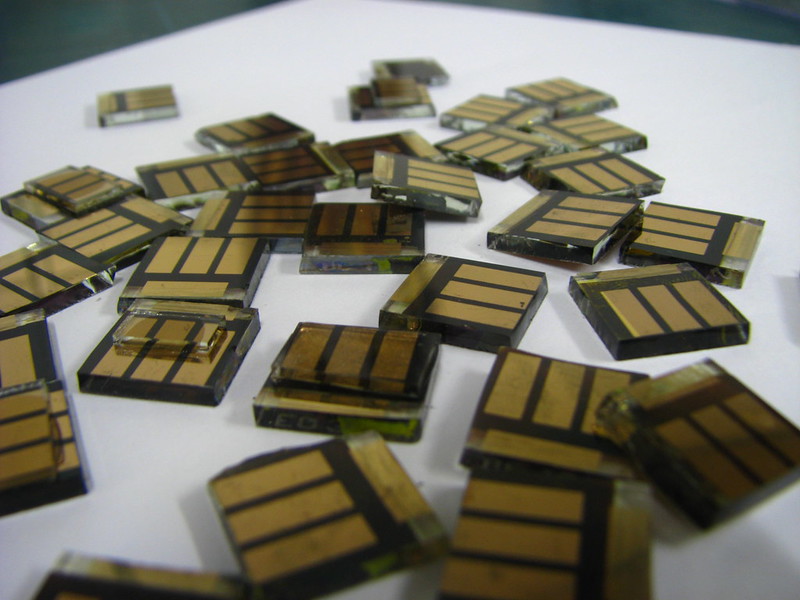Japan is betting big on perovskite solar cell (PSC) technology to boost green energy capacity and to become a global leader in one of the most innovative new clean energy technologies.
The electrical characteristics of perovskite compounds, verified by Professor Miyasaka of Toin University in Yokohama in 2009, hold the promise of having the ability to significantly magnify solar energy potential.
Some PSC modules are less than 1 mm thick, weighing under 1.5 kg/ m2, and do not require the extreme heat (about 1,000°C) with which current silicon-based solar panels are produced.
Any surface of buildings, bridges, cars, etc can be used as zero-emission power stations by simply applying these film-like modules, according to Dr. Miyasaka.
This technology, however, has a few major drawbacks: low power efficiency (less than 20%); difficulties in establishing systematic mass production; vulnerability to moisture and heat; and more.
Solutions have yet to be found. And yet, the government wants to make PSC commercially viable as soon as possible, and towards that goal it’s encouraging businesses to do field trials to quickly identify any problems and then to find solutions.

